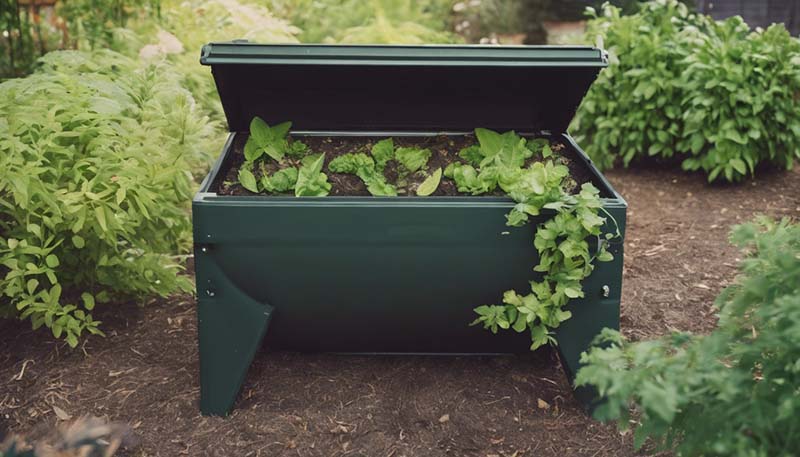The Importance of a Gardening Composter for Organic Gardening
The Importance of a Gardening Composter for Organic Gardening
Organic gardening is a method of growing plants without the use of synthetic fertilizers, pesticides, or herbicides. It promotes a healthier environment for both the plants and the people who consume them. One of the key components of organic gardening is the use of a composter to recycle organic waste into nutrient-rich compost.
Introduction to Composting
Composting is the process of breaking down organic matter into a nutrient-rich, soil-like substance called humus. This process is carried out by microorganisms such as bacteria, fungi, and other decomposers. A gardening composter is a container or a designated area where this process takes place.
Benefits of Using a Composting System
1. Soil Enrichment
Compost is rich in nutrients that plants need to grow strong and healthy. It increases the soil's fertility, which can reduce the need for additional fertilizers.
2. Improved Soil Structure
Compost helps to improve the structure of clay soils, making them easier to work with, and it can help sandy soils retain moisture and nutrients.
3. Reduced Garden Waste
By composting kitchen and garden waste, you can reduce the amount of waste that goes to landfill, contributing to a more sustainable environment.
Advertisement
4. Suppression of Diseases and Pests
Compost can help suppress certain plant diseases and pests by improving the overall health of the soil and the plants growing in it.
5. Cost-Effective
Composting is a cost-effective way to improve your soil. Instead of purchasing expensive fertilizers, you can create your own from waste materials.
How to Start Composting for Your Garden
1. Choose the Right Composting System
There are various types of composters available, from simple bins to more complex tumblers. Choose one that fits your space and needs.
2. Layering the Compost Pile
Start with a layer of coarse materials like small branches or twigs, followed by a layer of green materials (vegetable peels, coffee grounds) and brown materials (dead leaves, paper).
3. Aerate the Compost
Turn the compost pile regularly to introduce oxygen, which is necessary for the decomposition process.
4. Monitor the Moisture
Ensure the compost pile is damp, not soaking wet. Too much moisture can lead to anaerobic conditions and slow down the composting process.
5. Be Patient
Composting takes time. Depending on the materials and conditions, it can take anywhere from a few months to over a year to produce finished compost.
Types of Composting Systems
1. Static Pile
A simple pile on the ground that doesn't require turning.
2. Tumbling Composters
These have a rotating drum that makes it easier to aerate the compost.
3. Bins and Barrow Composters
These are stationary containers that can be made from wood, plastic, or metal.
4. Vermicomposting
Also known as worm composting, this method uses worms to break down organic matter more quickly.
Conclusion
A gardening composter is an essential tool for any organic gardener. It not only helps in reducing waste but also provides a rich source of nutrients for your plants. By understanding the benefits of composting and following the right steps, you can create a sustainable and healthy garden.
Note: The image above is a placeholder and should be replaced with an actual image of a composter in a garden setting.

Comment